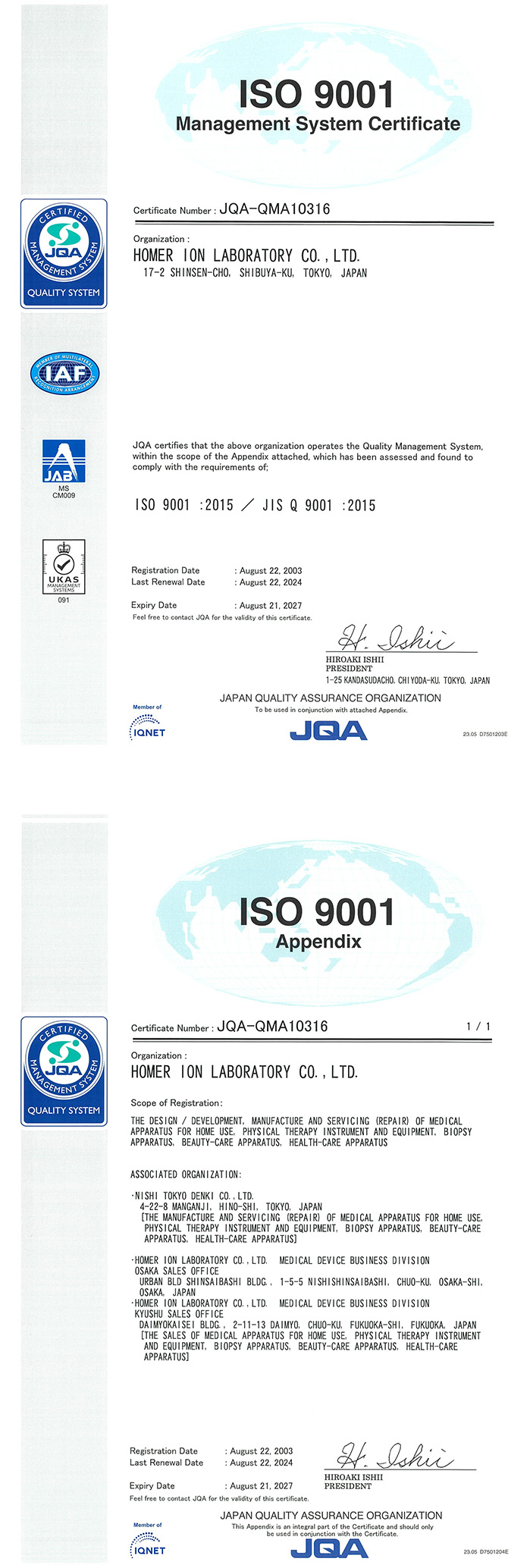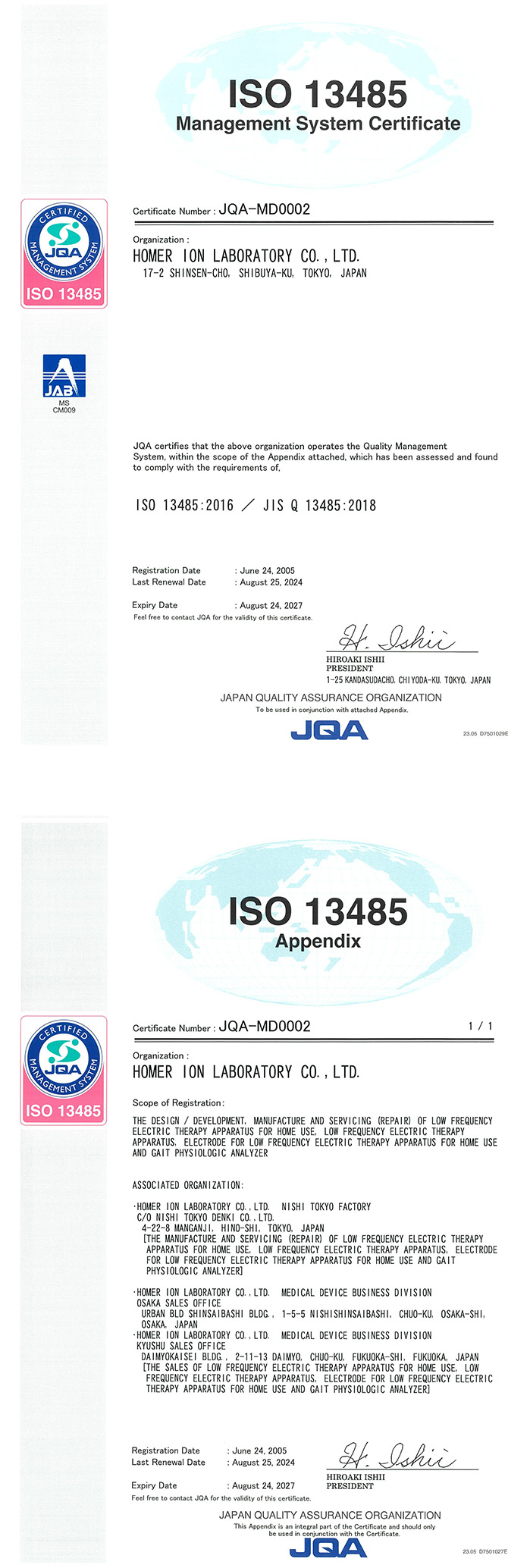

In modern society, lack of physical activity has become a serious issue. While we have the benefits of technological advancements and convenient living environments, physical activity has decreased, leading to an increase in health risks. This article explores the importance of exercise in maintaining and improving health.

Exercise strengthens the cardiovascular system and promotes heart health. Aerobic exercise improves the heart’s pumping ability, reducing the risk of conditions like arteriosclerosis and high blood pressure. Strength training increases muscle mass and improves bone density, helping reduce the risk of fractures.
Exercise increases energy expenditure, helping maintain a healthy weight. Regular physical activity helps prevent and manage obesity.
Exercise boosts metabolism and supports efficient energy use. This helps burn body fat and reduce harmful fats in the body.
Exercise improves insulin sensitivity, which helps lower the risk of developing diabetes.
Exercise strengthens the immune system and increases resistance to infections. Regular physical activity helps protect against colds and other illnesses.
Exercise helps reduce stress and alleviates symptoms of depression and anxiety. The impact of exercise on the brain is also getting attention, contributing to maintaining cognitive function and preventing conditions like Alzheimer’s disease.
Exercise supports better sleep and can improve sleep disorders.
Exercise provides opportunities for social interaction, helping build connections with friends and peers. Group exercise activities foster social bonds.
Exercise is essential for maintaining and improving physical functions. As we age, muscle strength, flexibility, balance, and walking ability can decline, but regular exercise can help improve these functions. Aerobic exercise enhances cardiovascular function, making daily activities smoother, while strength training helps maintain muscle mass and bone density, reducing the risk of falls and fractures. The type and intensity of exercise may vary for each person, but moderate physical activity is an important element of a healthy lifestyle. Incorporating exercise into daily routines and maintaining regular physical activity contribute to longer healthy life expectancy and an improved quality of life.

